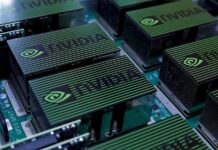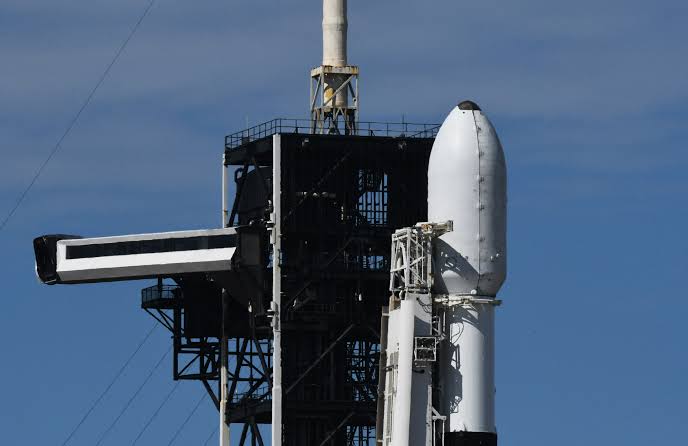This is going to be a significant milestone for Elon Musk’s SpaceX and the United States as they mark their first return to the moon since 1972.
What are we discussing? This is it! SpaceX is expected to launch a privately funded unmanned spacecraft built by intuitive machines this evening.
What is the purpose of the space travel program? The mission of the Space travel program is to enable intuitive machines carry scientific instruments to the moon’s south pole region for NASA, and for regularly launching satellites into orbits for commercial customers.
Second, is for American space travel which is ferrying astronauts to the space station, and especially for Elon Musk who has a long term vision for spaceX to reach Mars. This will be instrumental to his long vision of sending humans to mars and dream of living and dying in Mars.
With a successful take offs of the spaceX Falcon 9 and intuitive machines Nova-C lander from NASA’s Kennedy Space Center in Florida, the mission that is beginning could yield important results and data that U.S companies and NASA will eventually use for more exploits.
“Either the knowledge we gain or the actual location is going to be our starting point for sending people to Mars and other planets after Mars,” said Joel Kearns, deputy associate administrator for Exploration in NASA’s Science Mission Directorate. Conversation with journalists on Tuesday afternoon.
However, “This is not an easy mission for us,” SpaceX vice president Bill Gerstenmaier said, as intuitive mission required a lot of adjustments from SpaceX due to the IM’s propulsion system, which requires a mixture of liquid oxygen and liquid methane. This is usually one out of many important components for spacecraft to successfully launch. To further buttress this point, just last month, a space company Astrobotic technology ‘s attempt to land on the moon was ruined for the same reason, propulsion system failure which lost too much fuel.
“There are no guarantees of success on this mission,” Gerstenmayer said on the call with BusinessNews. “But I can say that we have worked extensively with intuitive machines to reduce the risk as much as we can.”
But if the successful, Intuitive Machines’ spacecraft will land on the Moon on Feb. 22, carrying NASA’s stereo cameras and other instruments to the Moon’s south pole region to help improve the accuracy and safety of future landings and pave the way for other spacecraft endeavors.











































